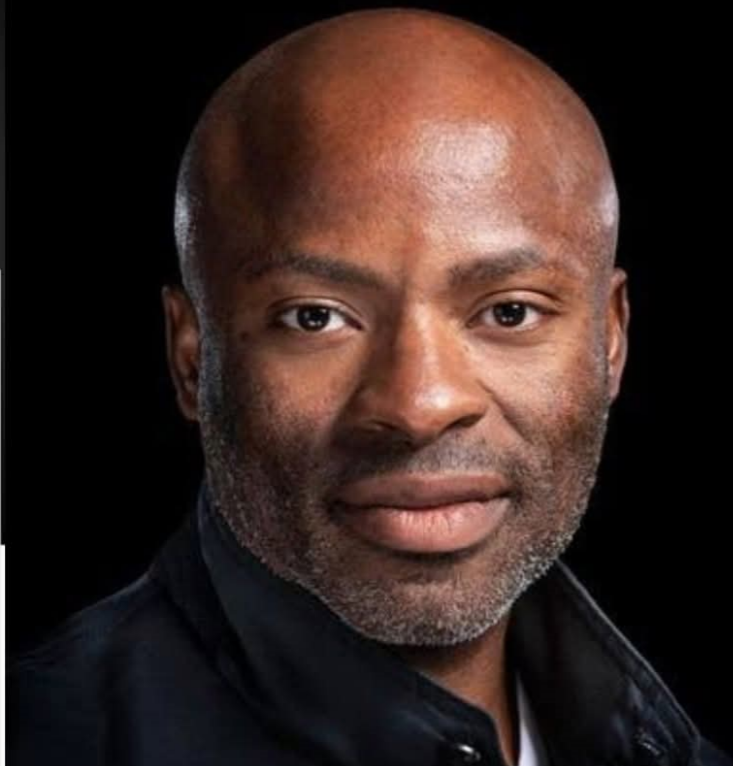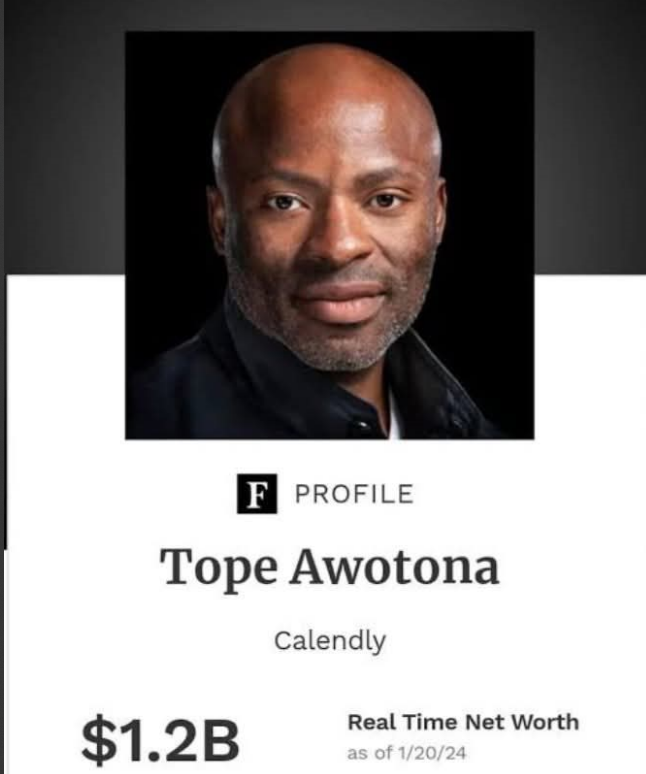Physical Address
304 North Cardinal St.
Dorchester Center, MA 02124
Physical Address
304 North Cardinal St.
Dorchester Center, MA 02124


Some stories hit differently—not just because they end in success, but because of everything it took to get there.
This is one of those stories.
At just 12 years old, Tope Awotona’s life was shattered. He watched his father get murdered during a carjacking in Lagos, Nigeria. A moment no child should ever have to live through.
That single event lit a fire inside him—a deep drive to build something meaningful, something lasting. He didn’t know it at the time, but that pain would one day fuel one of the most inspiring entrepreneurial journeys in recent memory.
After the tragedy, Tope moved to the U.S. as a teenager, eventually studying computer science at the University of Georgia. But despite his tech background, he gravitated toward sales roles—something about the human side of business resonated with him.
Still, a part of him wasn’t satisfied. He didn’t just want to sell someone else’s vision—he wanted to build his own.
So, he did what any true entrepreneur does: he started trying. Tope’s first startup? An e-commerce site selling projectors, It failed.
His second attempt? A garden tools business, that failed too.
His third idea? A dating website, also flopped.
Each one drained his savings. Each one chipped away at his confidence. But each one also taught him something crucial:
By 2013, Tope was financially drained. No money. No momentum. No more ideas—or so he thought.
With his back against the wall, Tope bet everything—his entire life savings of $200,000—on one last idea: a scheduling tool to eliminate the headache of endless back-and-forth emails. Friends thought he was nuts, Investors told him the idea was too boring. Unscalable, they said. But Tope had experienced the pain firsthand. Booking meetings shouldn’t be this hard. He believed in the problem. And he believed he could solve it.
With no external funding, he hired Ukrainian developers to build the first version of Calendly. He didn’t try to be fancy. He focused on one thing: make scheduling simple.
And it worked. Calendly quietly started gaining traction:
By 2020, the company was pulling in over $70 million in recurring revenue.
Then COVID hit. Remote work became the norm. And Calendly went from a nice-to-have to an essential tool.
In 2021, the same investors who once rejected him lined up to get a piece of the pie. They poured $350 million into the company, skyrocketing Calendly’s valuation to $3 billion.
Today, Tope Awotona is one of the few Nigerian-born tech founders to become a billionaire.
From a kid who saw the worst of humanity… to a man who built a tool used by millions—his journey is nothing short of extraordinary.
Every failed business taught Tope something vital. Those lessons became the foundation for Calendly’s success. Failure isn’t the opposite of success—it’s part of the path.
Calendly didn’t follow a trend. It solved a real pain point Tope personally faced. The best ideas often come from our own frustrations.
No funding? No problem. Tope focused on simplicity, and that constraint became Calendly’s greatest strength. Less really can be more.
Tope Awotona’s story is proof that success doesn’t come from avoiding failure—it comes from never letting failure stop you.
So if you’re staring down a setback right now, remember this:
Your greatest comeback might be just one idea away.